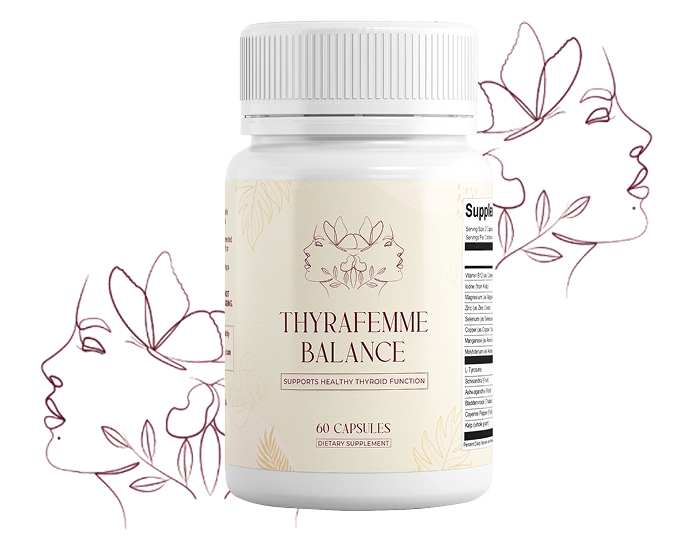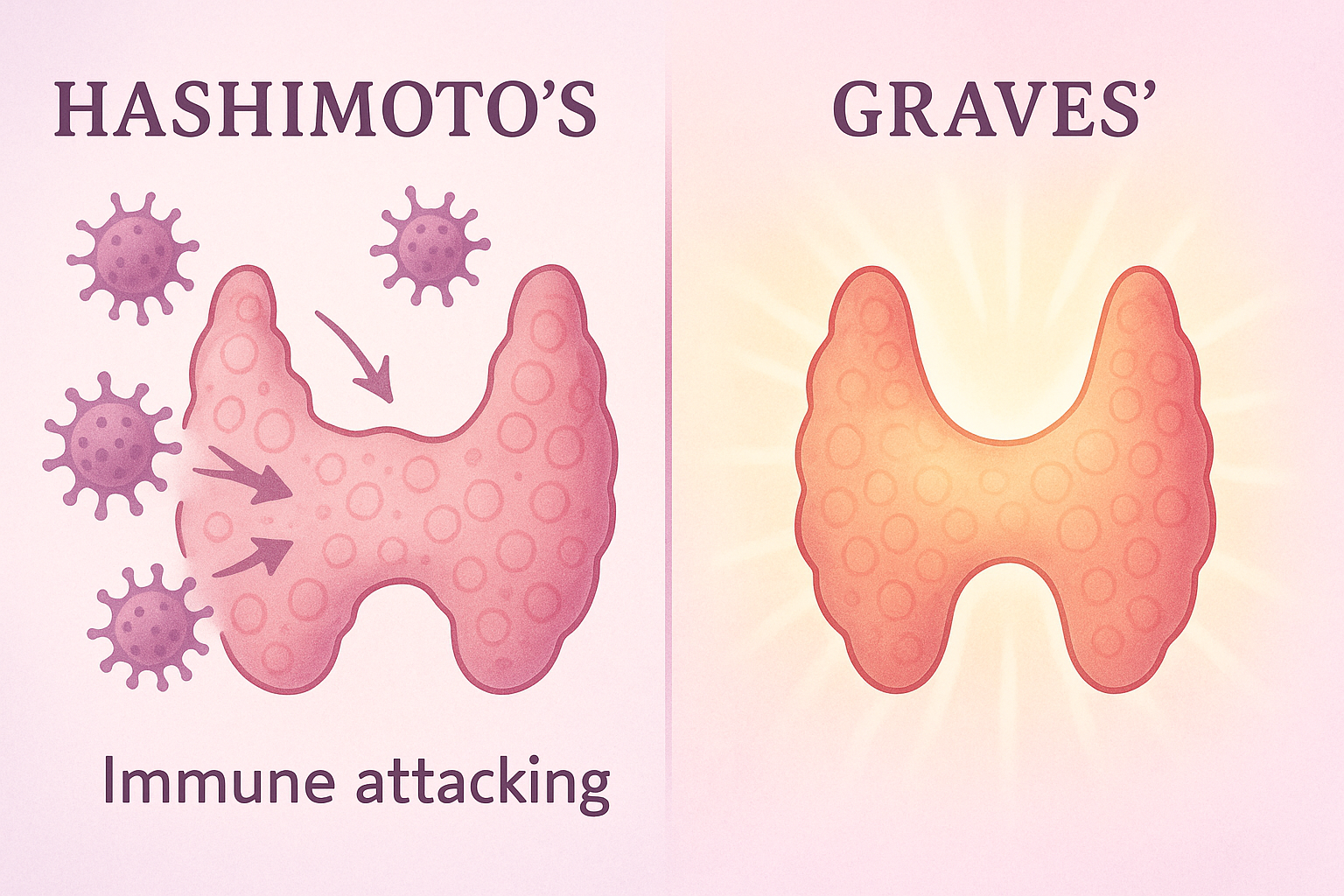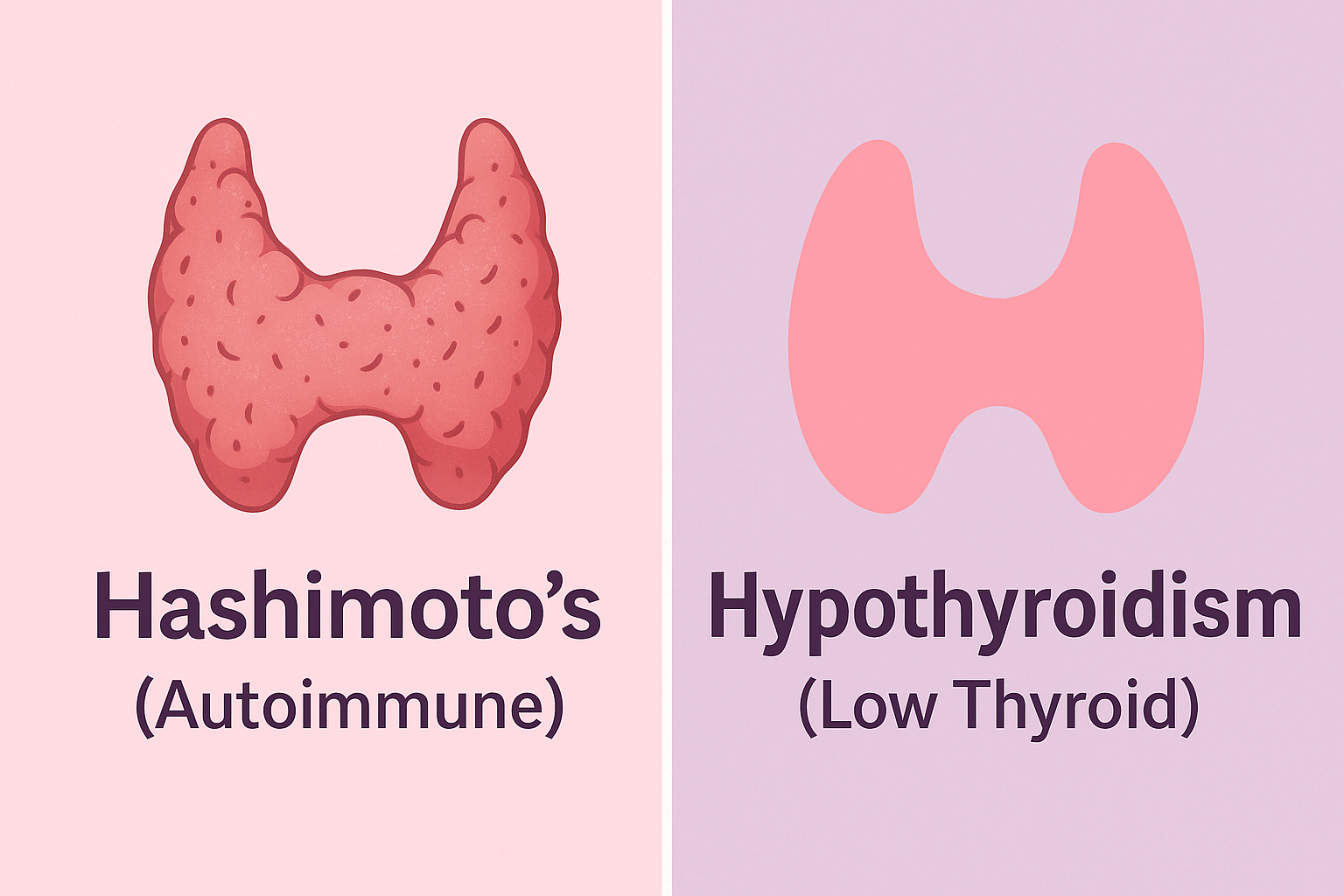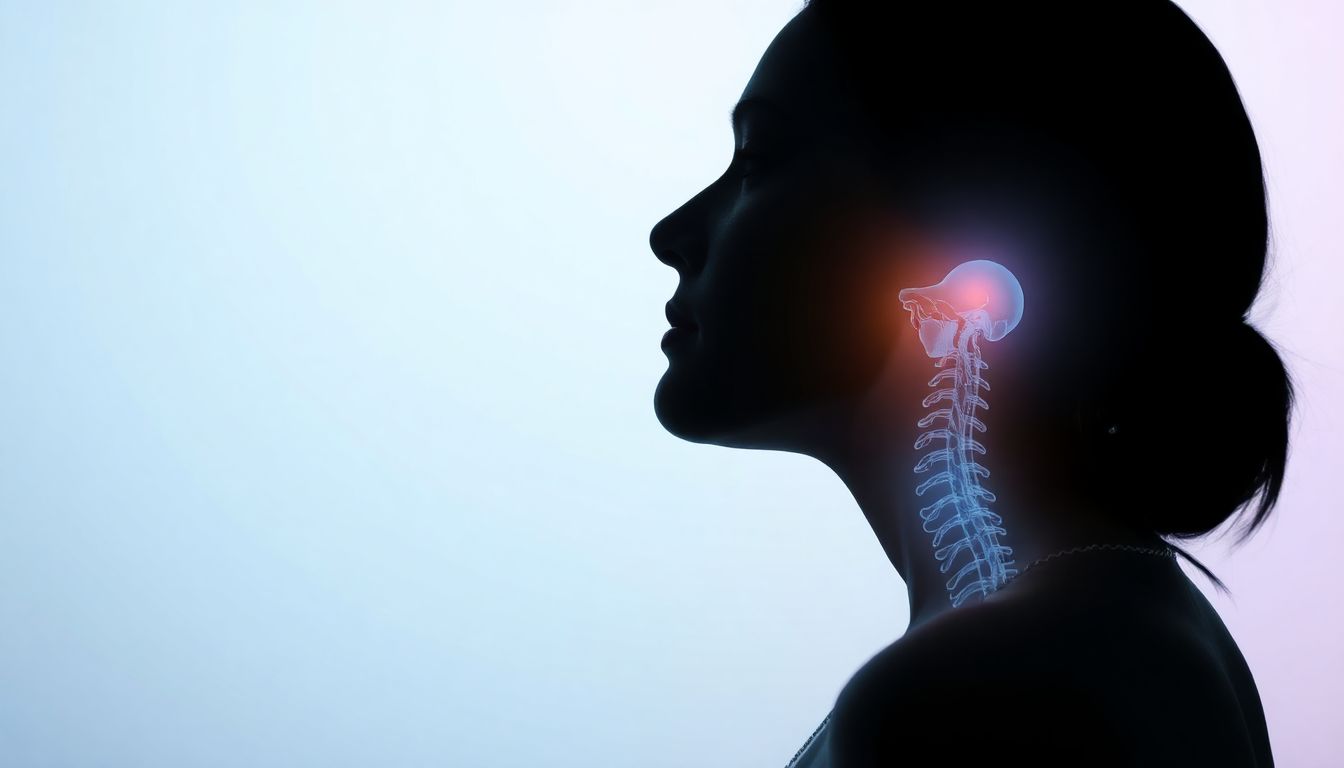As women enter their 40s and 50s, hormonal changes during perimenopause and menopause can make the thyroid more vulnerable than ever.
Symptoms like fatigue, mood swings, weight gain, and brain fog often overlap — making it difficult to tell whether they stem from menopause or thyroid imbalance.
Understanding how thyroid hormones interact with estrogen and progesterone is key to restoring balance and feeling like yourself again.
This guide explains how menopause affects thyroid function, the signs to watch for, and natural ways to support your thyroid during this important transition.
🔄 1. The Hormonal Link Between Thyroid and Menopause
Your thyroid, ovaries, and adrenal glands work in harmony to regulate energy, mood, and metabolism.
When estrogen and progesterone levels decline during menopause, it can cause the thyroid to slow down, leading to low thyroid hormone (T3/T4) production.
👉 This hormonal shift explains why so many women experience weight gain, fatigue, and temperature sensitivity around midlife.
Learn how to support thyroid function with gentle lifestyle shifts in Morning Habits That Support a Healthy Thyroid.
⚖️ 2. How Perimenopause Affects Thyroid Function
Perimenopause — the years leading up to menopause — is a time of fluctuating hormones.
These fluctuations can make thyroid symptoms worse, especially if you already have hypothyroidism or Hashimoto’s disease.
Common overlapping symptoms include:
- Brain fog
- Irregular periods
- Weight changes
- Mood swings or anxiety
- Dry skin and brittle hair
👉 Women with thyroid conditions often notice their symptoms intensify during this stage due to changing estrogen levels.
See The Connection Between Estrogen Dominance and Thyroid Issues for deeper insights.
🌡️ 3. Menopause and Slow Metabolism
As estrogen declines, your body’s ability to maintain muscle mass and burn fat decreases — even if your diet and exercise routine stay the same.
Low thyroid function further slows metabolism, compounding weight gain.
👉 Support your metabolism with daily movement. Try the tips in Exercise Tips for Balancing Thyroid Hormones.
💧 4. Hydration, Electrolytes, and Thyroid Health
During menopause, dehydration and hot flashes can lead to mineral loss, especially magnesium, sodium, and potassium — all vital for thyroid function.
These minerals help with T3 and T4 conversion and reduce fatigue.
👉 Start your morning with mineralized water and replenish electrolytes throughout the day to maintain hormonal stability.
Learn more about essential minerals in 10 Essential Vitamins and Minerals for a Healthy Thyroid.
🌿 5. Adaptogens for Hormonal and Thyroid Support
Adaptogenic herbs such as ashwagandha, rhodiola, and holy basil can help regulate stress hormones, boost energy, and improve thyroid performance.
They’re particularly useful during menopause when cortisol imbalances become more common.
👉 Explore how adaptogens strengthen thyroid resilience in How Adaptogens Support Thyroid Function.
💊 6. Supplements That Support Thyroid Balance During Menopause
During this stage, your thyroid benefits from targeted nutrients including:
- Selenium for hormone conversion
- Zinc and magnesium for metabolism
- Vitamin D for immune balance
- Iodine for thyroid hormone production
👉 Choose clean, clinically backed supplements like those discussed in How to Choose the Right Thyroid Supplement for You.
And see how Thyrafemme is formulated specifically for women’s hormonal and thyroid synergy.
🧠 7. Managing Stress and Cortisol During Menopause
Menopause can raise cortisol levels, especially when combined with thyroid issues — creating what’s known as “thyroid-adrenal fatigue.”
Chronic stress slows thyroid hormone conversion and can worsen menopausal symptoms.
👉 Read Balancing Thyroid and Adrenal Fatigue Naturally for natural ways to restore energy and reduce stress.
🧘♀️ 8. Gentle Exercise to Support Hormone Harmony
High-intensity workouts may spike cortisol and lead to exhaustion.
Instead, focus on low-impact movement like yoga, pilates, brisk walking, or light strength training — which can stimulate the thyroid while balancing stress hormones.
👉 Get detailed tips in Exercise Tips for Balancing Thyroid Hormones.
🍳 9. Eat for Thyroid and Hormone Support
A thyroid- and menopause-friendly diet includes:
- Protein: eggs, fish, legumes
- Healthy fats: olive oil, avocado, flaxseed
- Fiber: fruits, vegetables, chia seeds
- Micronutrients: selenium, zinc, iodine
Avoid inflammatory foods such as sugar, alcohol, and processed snacks that can disrupt both thyroid and estrogen balance.
See Foods That Harm Thyroid Health (and What to Avoid) for details.
🌸 10. When to Get Your Hormones Tested
If you’re feeling persistent fatigue, depression, or weight changes that don’t improve with lifestyle changes, it’s time to test your thyroid and sex hormones.
Ask your doctor to check:
- TSH, Free T3, Free T4
- Reverse T3
- Estrogen, progesterone, DHEA, and cortisol levels
Early detection can help prevent long-term complications and tailor your treatment more effectively.
⚖️ Final Thoughts
During perimenopause and menopause, your thyroid and reproductive hormones are in constant communication.
Supporting both systems — through nutrition, movement, adaptogens, and supplements — is the secret to sustained energy, a balanced mood, and a healthy metabolism.
For comprehensive support, explore:
➡️ Thyrafemme Review: Benefits, Ingredients & Real Results
➡️ Natural Ways to Boost Thyroid Hormones
➡️ Thyroid Health for Women: The Complete Guide
🔹 10 FAQs About Thyroid Health During Menopause
- Can menopause cause thyroid problems?
Yes, hormonal changes during menopause can slow thyroid activity or make existing issues worse. - Are thyroid and menopause symptoms similar?
Absolutely — both can cause fatigue, mood swings, and weight changes. - Can hormone replacement therapy (HRT) affect thyroid medication?
Yes, it can alter thyroid hormone levels. Always monitor with your doctor. - Does menopause cause hypothyroidism?
Not directly, but hormonal decline can trigger thyroid underactivity in susceptible women. - Can I take thyroid supplements during menopause?
Yes, especially if they contain selenium, iodine, and adaptogens for balance. - How can I boost thyroid function naturally during menopause?
Eat nutrient-rich foods, manage stress, and stay physically active. - Is weight gain from thyroid or menopause?
Often both — hormonal imbalance slows metabolism from two directions. - Does ashwagandha help thyroid and menopause?
Yes, it supports cortisol regulation and improves thyroid performance. - Can exercise improve both thyroid and menopause symptoms?
Definitely — regular gentle activity helps balance hormones and energy. - What’s the best supplement for thyroid health in menopause?
A balanced formula like Thyrafemme, which supports both thyroid and female hormone harmony.

Specialized Thyroid Support for Perimenopause & Menopause
As your hormones change, your thyroid needs change too. Thyrafemme is specifically formulated to support the unique hormonal balance women need during perimenopause and menopause.











